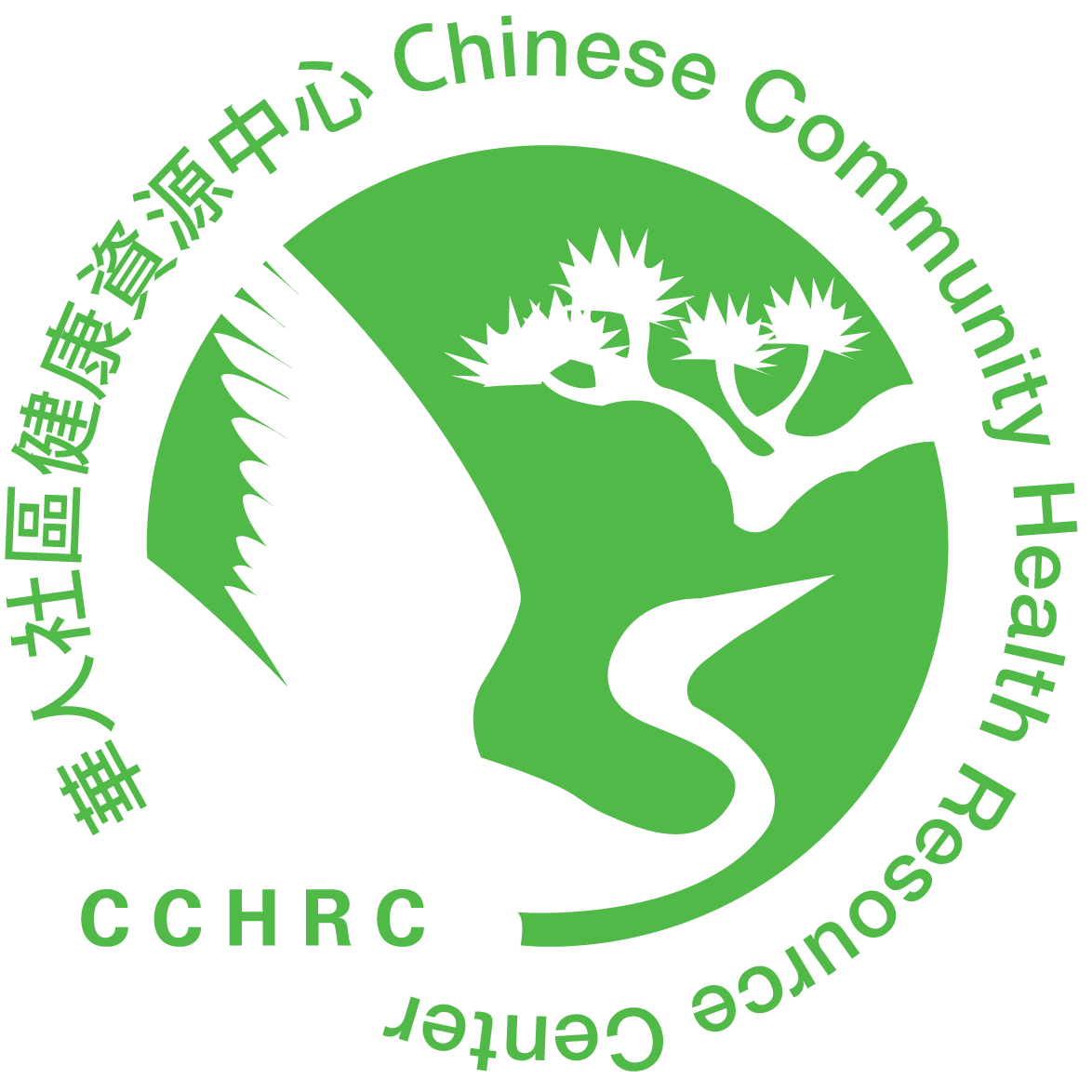You have probably heard that early detection of cancer saves lives. This is particularly true for cancer of the colon and rectum, or colorectal cancer. Colorectal cancer is the 3rd most common cause of cancer worldwide and the 2nd leading cause of cancer deaths in the U.S.
The large intestine or colon is the lowest portion of the digestive system and measures about 5 feet long. The rectum is the last 6 inches of the colon. Colorectal cancer usually develops gradually over several years. It often begins as a benign (non-cancerous) polyp, a small growth of tissue in the lining or wall of the colon or rectum. Over time, some of these polyps can grow and become malignant (cancerous). As they grow, polyps can bleed or block the intestine. By performing early screening and removing all small visible benign polyps, colorectal cancer can be prevented.
Who gets colorectal cancer?
Persons with the following risk factors are more likely to develop colorectal cancer:
- Age: Colorectal cancer is more common in persons older than 45.
- Race: Highest rates among African Americans, followed by Whites, Asian Americans/Pacific Islanders, Hispanic/Latinos and American Indians/Alaska Natives.
- Family or personal history of colorectal cancer, polyps, or chronic inflammatory bowel disease:
Note: 1 in 3 persons diagnosed to have colorectal cancer have a positive family history of the disease. Most colorectal cancer occurs in persons without a family history. - Physical Inactivity
- Overweight/Obesity
- Cigarette smoking
- Diet high in fat and meat
- Diet low in fiber, fruits, and vegetables
- High intake of alcohol
Warning signs of colorectal cancer
As with all cancers, early colorectal cancer frequently has no symptoms. As the cancer becomes larger, signs and symptoms may include:
- A change in bowel habits (diarrhea or constipation)
- A change in the shape of the stools (becomes narrower)
- Feeling that bowel does not empty completely
- Abdominal discomfort (bloating, cramping, pain)
- Blood in the stool (either bright red or dark in color)
- Bleeding from the rectum
- Chronic fatigue and weakness
- Unexplained weight loss
Colorectal screening tests and guidelines
Beginning at age 45, the US Preventive Services Task Force recommends that both men and women at average risk for developing colorectal cancer follow one of the screening tests listed below. Persons at higher risk because of family history or medical conditions should begin screening earlier and more often as recommended by their physician. Most screening tests, with the exception of fecal occult blood test (FOBT) or fecal immunochemical test (FIT), require that laxatives be taken and enemas used before the exam to clean out the colon for better viewing.
1. Fecal occult blood test (FOBT) or fecal immunochemical test (FIT) every year
These tests can detect very small quantities of blood or hidden blood in the stool. Stool samples are collected and thinly spread onto special cards which are then returned to a medical lab for testing. A special diet may need to be followed for a few days before the test.
2. Flexible sigmoidoscopy every 5 years
The sigmoid colon (shaped like an S) is the end section of the colon, which leads to the rectum. A thin, hollow, lighted tube called a sigmoidoscope is inserted through the rectum and into the colon, allowing the doctor to see about one-third of the colon.
3. Colonoscopy every 10 years
An instrument, similar to a sigmoidoscope but longer, allows the doctor to see the entire colon and also remove polyps at the same time. Colonoscopy is the most sensitive method for detection of cancerous polyps.
4. CT colonography (virtual colonoscopy) every 5 years
CT colonography uses low dose radiation CT scanning to obtain an inside view of the colon. CT scanning combines special x-ray equipment with computer software to create multiple images which can show polyps or abnormalities. Whether CT colonography can lower the number of deaths from colorectal cancer is unknown at this time.
Note: Any positive or abnormal test results should be followed with a colonoscopy for a more complete diagnosis.
Treatment for colorectal cancer
For cancer that is in the early stage, surgery is the most common form of treatment and often results in a very high cure rate. For cancer that has spread to the nearby lymph nodes or other organs, chemotherapy (the use of drugs to kill cancer cells) or chemotherapy with radiation may be recommended before or after surgery.
Prevention of colorectal cancer
- Get screened for colorectal cancer
- Eat a plant-based diet with plenty of whole grains, fruits, and vegetables
- Reduce intake of high fat foods especially from animal sources
- Be physically active
- Achieve and maintain a healthy weight
- Limit alcohol consumption
- Stop smoking
Studies show that aspirin and postmenopausal hormones decrease the risk of colorectal cancer.
For more information on colorectal cancer and other types of cancer, contact:
American Cancer Society
1-800-ACS-2345 (1-800-227-2345)
www.cancer.org
National Cancer Institute
1-800-4-CANCER (1-800-422-6237)
www.cancer.gov
Copyright © 2005-2025 Chinese Community Health Resource Center
If you would like a copy of this health article, please click on the PDF button in the language you prefer. To view the PDF document, you’ll need Adobe Acrobat, which you can download here.
Bilingual:



